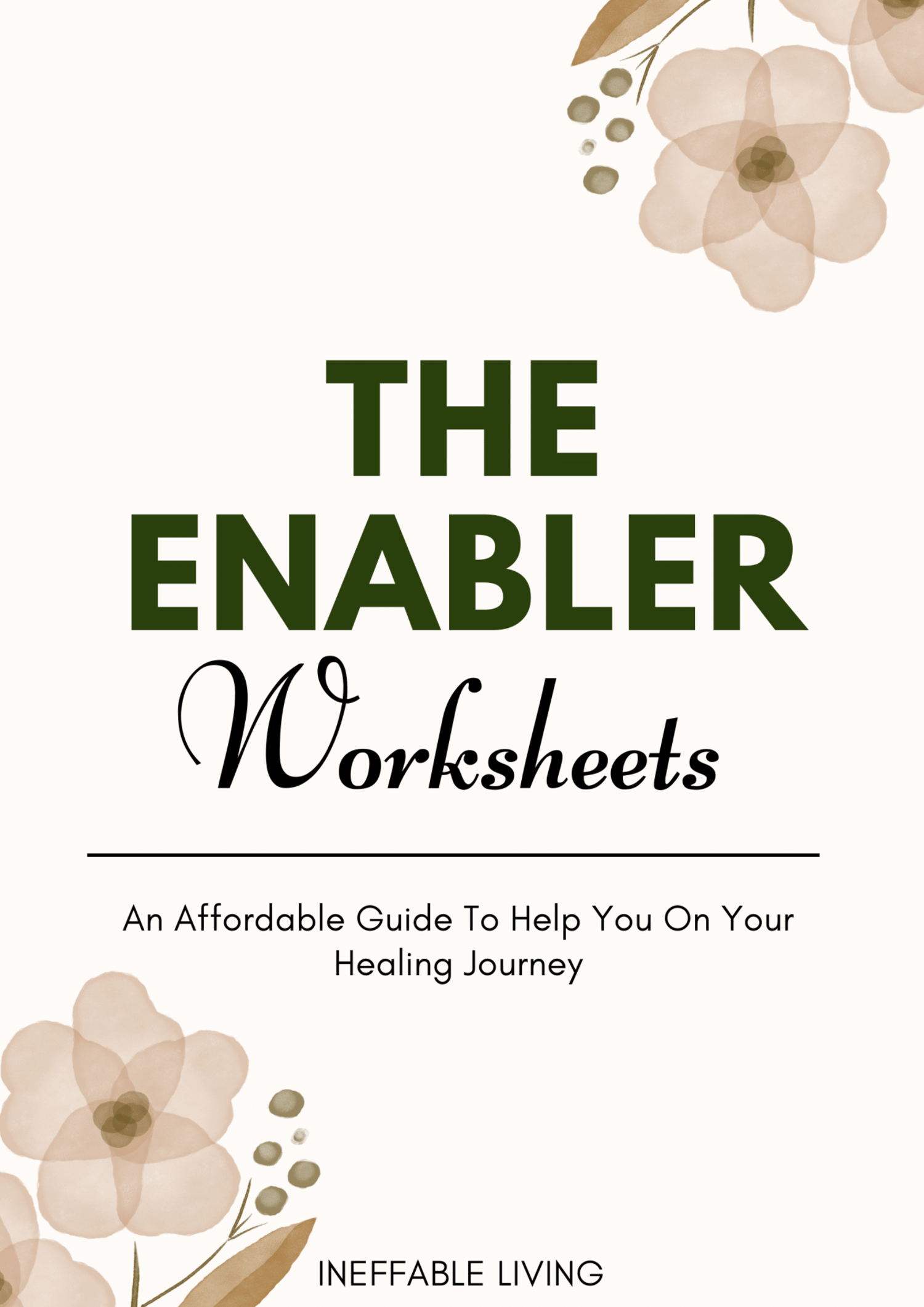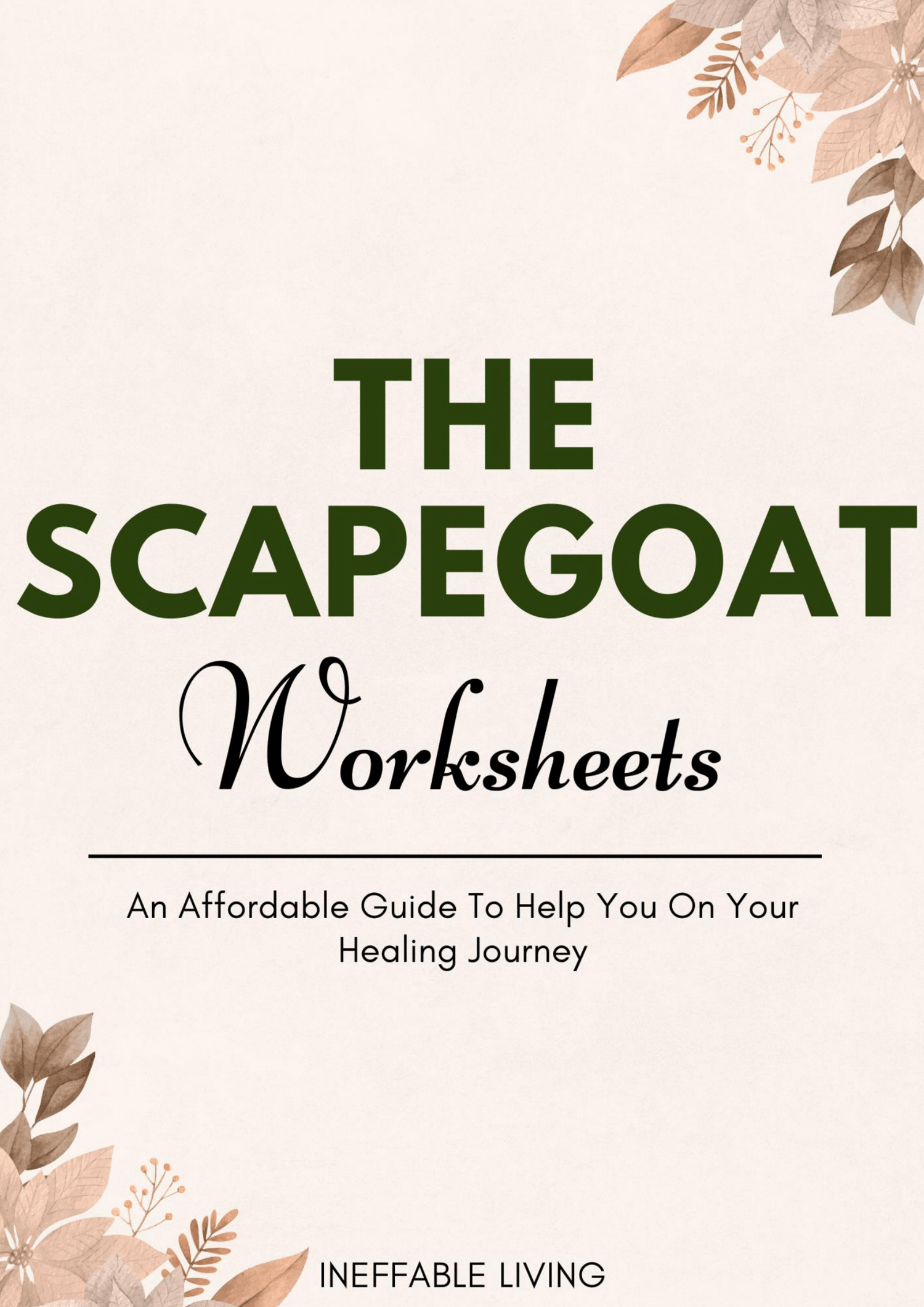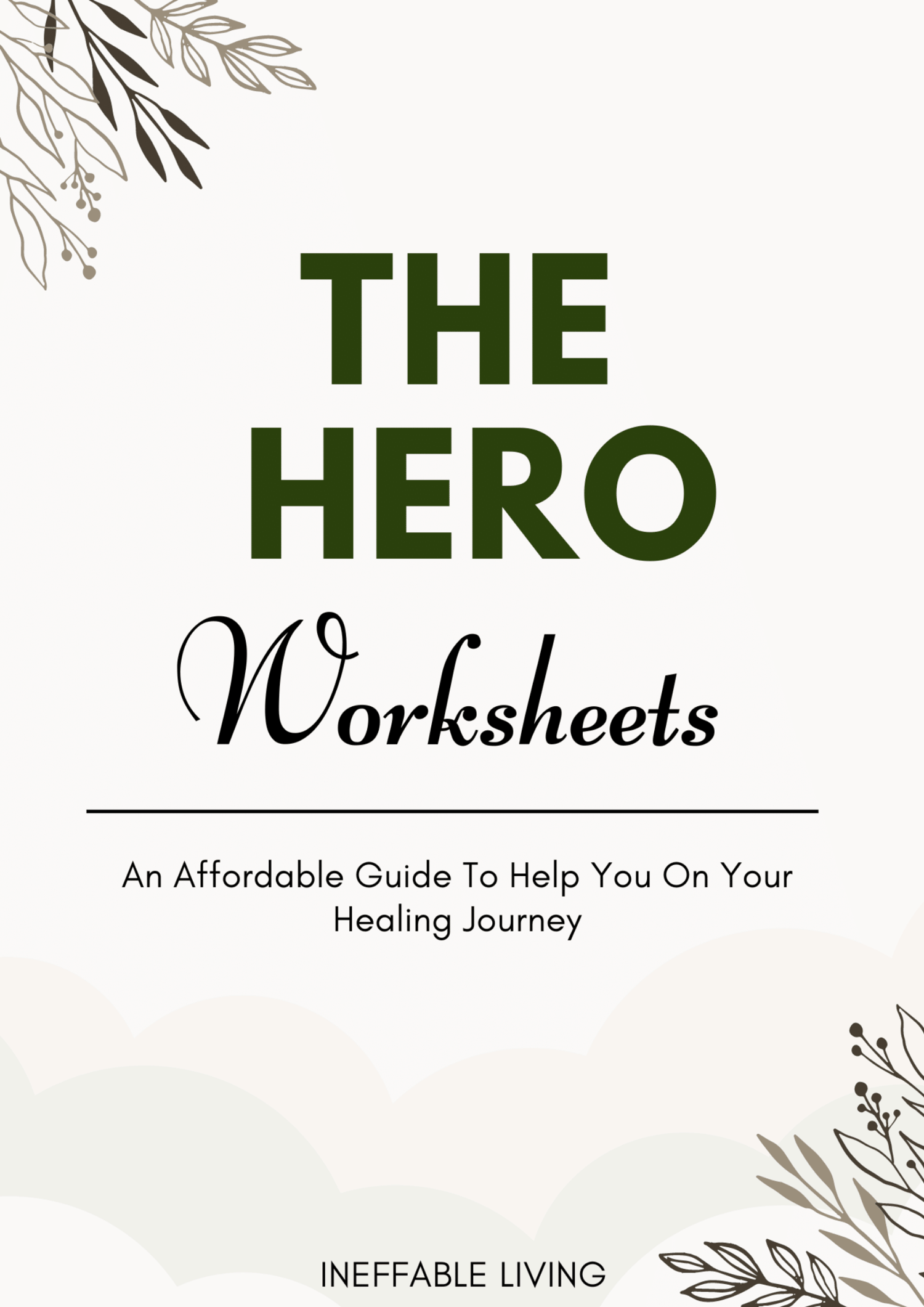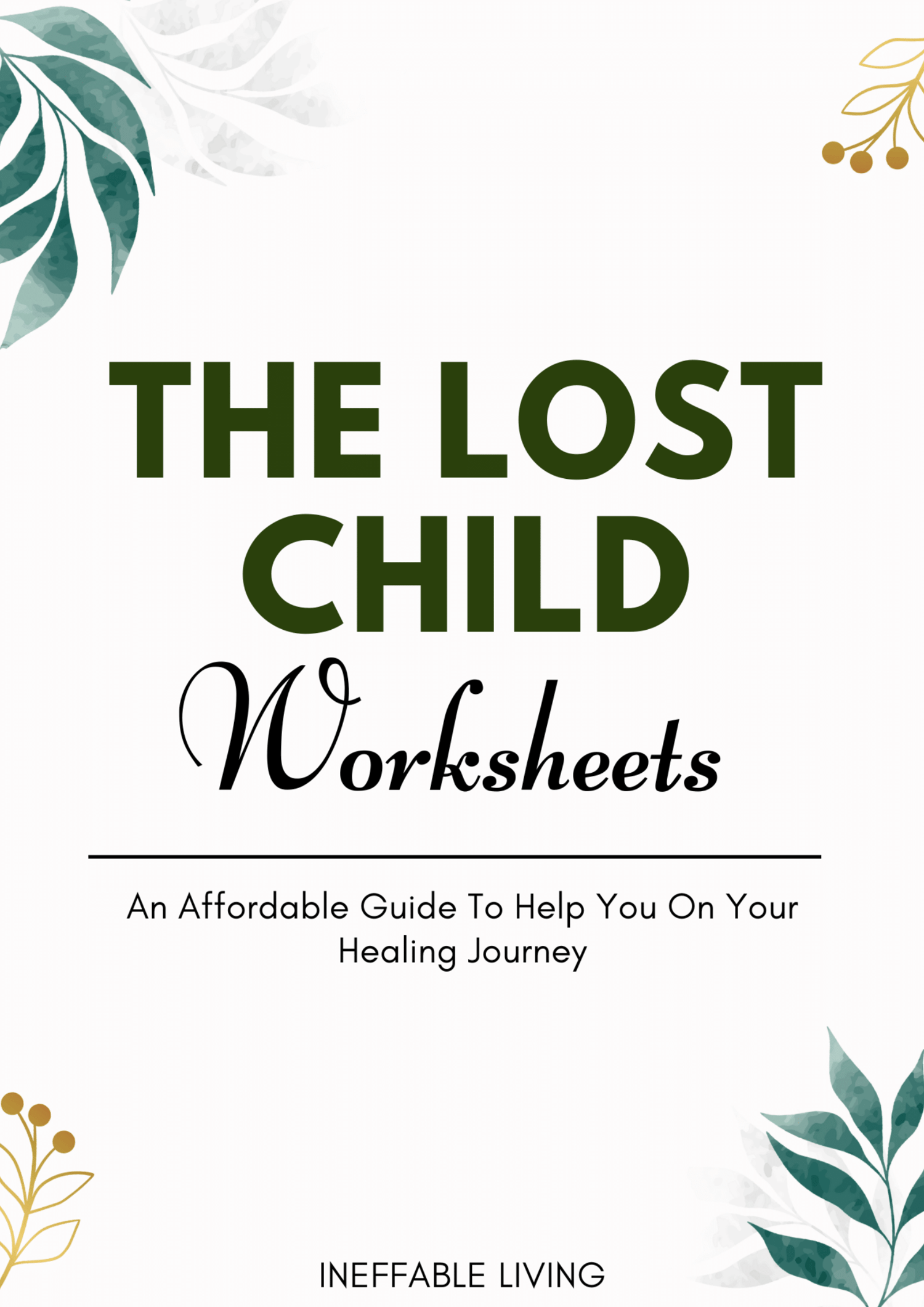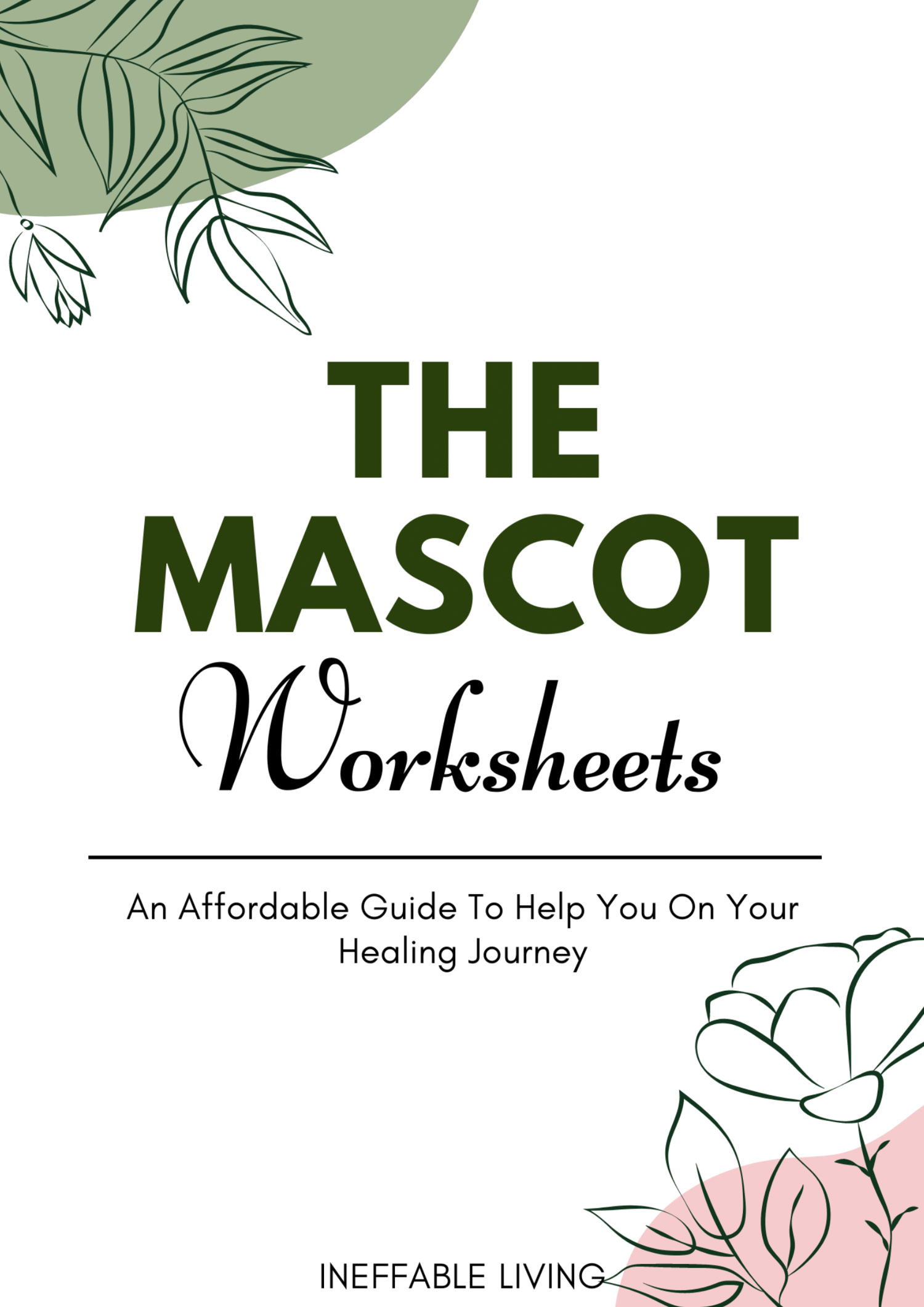Every family has unspoken rules — and sometimes, those rules trap you in a role you never chose. Maybe you’re the peacemaker, always smoothing things over. Or the scapegoat, blamed for everything. Maybe you’re the golden child who’s never allowed to fail, or the invisible one who’s always overlooked.
These roles might have helped you survive — but now they’re keeping you stuck.
If you’re tired of carrying emotional weight that doesn’t belong to you, these toxic family role worksheets can help. They guide you in understanding the role you were assigned, how it’s affecting you, and — most importantly — how to break free.
- What Are Toxic Family Roles?
- 1. The Enabler (or The Caretaker) Worksheets
- 2. The Scapegoat (or The Rebel) Worksheets
- 3. The Hero (or The Responsible One) Worksheets
- 4. The Lost Child (or The Quiet One) Worksheets
- 5. The Mascot (or The Clown) Worksheets
- How Worksheets Help You Break the Cycle
- You Don’t Have to Play the Same Role Forever
What Are Toxic Family Roles?
Toxic family roles often form in dysfunctional, codependent, or chaotic households. Some common roles include:
- The Hero – The overachiever who holds the family together
- The Scapegoat – The one who’s blamed or punished for problems
- The Lost Child – Quiet, invisible, avoids conflict at all costs
- The Mascot – Uses humor or distraction to deflect tension
- The Enabler/Caretaker Child – Emotionally or physically cares for parents or siblings
These roles shape your identity, relationships, and self-worth — long after childhood ends.
1. The Enabler (or The Caretaker) Worksheets
Break free from over-functioning and emotional caretaking with tools to help you set boundaries and reclaim your own needs.
2. The Scapegoat (or The Rebel) Worksheets
Heal the pain of being blamed and misunderstood, and rediscover your worth beyond the role you were forced into.
3. The Hero (or The Responsible One) Worksheets
Release perfectionism, overachievement, and the pressure to “hold it all together” with compassionate self-reflection.
4. The Lost Child (or The Quiet One) Worksheets
5. The Mascot (or The Clown) Worksheets
Look beyond the mask of humor and distraction to process your pain and build emotional authenticity.
How Worksheets Help You Break the Cycle
These guided tools help you:
- Identify the role you were assigned — and how it shaped your behavior
- Separate your true self from your survival self
- Explore how the role shows up in your adult life
- Challenge the guilt and fear around change
- Set boundaries that feel clear and self-honoring
- Create new, healthier patterns — rooted in your values, not your family’s expectations
You don’t need to confront your whole family to begin healing — but you do need to confront what you’ve been carrying.
You Don’t Have to Play the Same Role Forever
You didn’t choose the role — but you can choose to step out of it. Healing from toxic family dynamics is hard, but it’s also freeing. These worksheets offer the structure, clarity, and emotional support to help you start rewriting your story.

Read Testimonials –> HERE
FAQs
Can I use the worksheets with my therapy clients?
Absolutely! The worksheets are meant for both, personal and professional use.
The worksheets are copyrighted so you can’t resell them or upload them publicly online. But you can share them with your clients.
Can I make changes to the files before handing them down to my clients?
Absolutely! You can convert your PDF files to word documents and make changes using free tools like pdf2doc.com.
How do I know if these worksheets are right for me?
These worksheets are perfect for anyone who needs an affordable, yet effective strategies to help them increase their self-awareness and work on their own issues – alone or with their therapist.
These worksheets are not a one-size-fits-all approach and are in no way meant to imply that change is as one-dimensional as a worksheet.
So choose the techniques and suggestions that apply to you and tailor the exercises in ways that will be helpful to you.
Can I use these worksheets on my own or should I seek professional guidance?
These worksheets are designed to be helpful on their own. However, seeking professional guidance from a mental health professional can increase their effectiveness.
How do I use mental health worksheets effectively?
1. Set aside dedicated time: Find a quiet and comfortable space where you can focus on yourself without distractions. Treat this as valuable self-care time, just like you would for any other important appointment.
2. Choose the right worksheet: There are numerous worksheets available, each offering unique exercises and prompts. Consider your specific needs and goals. Are you looking to enhance self-awareness, manage stress, or improve your relationships? Select a worksheet that aligns with your current focus.
3. Read instructions carefully: Take a moment to fully understand the purpose and instructions of the worksheet. Clarify any questions you may have before proceeding.
4. Engage in self-reflection: Set pen to paper and let your thoughts flow. Don’t worry about perfection or judgment – this is your private space to express yourself authentically. Be honest with yourself and explore your emotions, thoughts, and experiences without restraint.
5. Reflect on your insights: After completing the worksheet, take some time to reflect on what you have learned about yourself. Consider any patterns or triggers that impact your mental well-being. Identify areas where you can implement positive changes or coping strategies.
6. Incorporate your insights into daily life: The true value of mental health worksheets lies in applying your newfound awareness and insights to your everyday life. Consider how you can integrate these insights into your relationships, self-care routines, and overall well-being.
When should I see a therapist?
These worksheets are designed to help you better understand yourself, your distress, and your difficulties.
You can use it in conjunction with therapy or as a stand-alone guide to manage your distress.
These worksheets can be considered a low-intensity intervention. They’re perfect for those who are struggling with mild to moderate issues.
In mental health, mild to moderate symptoms are those that are severe enough to be distressing to you, but moderate enough that you can still manage most of your daily activities.
If you feel very overwhelmed by any of the exercises in these worksheets, this might be a sign that your symptoms are too severe for you to do the work by yourself.
A therapist will help you at your own pace and provide support and encouragement throughout the process.
Do you have more questions? Check this page –> FAQs
